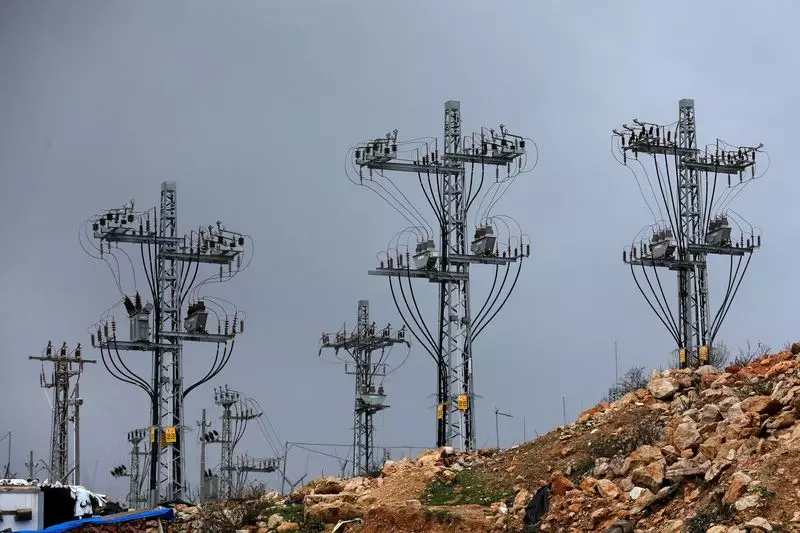The financial dynamics between Israel and the Palestinian Authority (PA) have been historically fraught, colored by a mix of tension, political maneuvering, and economic dependency. Recently, in the wake of escalated conflicts, these tensions have come to a head as Israel intends to redirect tax revenues meant for the PA towards settling a substantial debt with the Israel Electric Company (IEC). This decision, disclosed by Finance Minister Bezalel Smotrich, embodies not just a financial strategy but also a political statement amid mounting distrust.
The PA relies on tax revenues collected by Israel, which acts as a conduit for funds that are essential for its governance, particularly in the Gaza strip. This arrangement has long been a means of maintaining a fragile economic stability, allowing the PA to pay public sector wages and provide essential services. However, Israel’s recent decision to withhold substantial sums and direct them instead towards its own corporate entities signals a shift that could further destabilize the already precarious position of the PA.
Israel’s strategy appears to have been influenced by the catastrophic events of October 7, 2023, when a Hamas-led attack on Israeli territory escalated into a full-blown conflict. Smotrich specifically cited the PA’s perceived complicity in these actions as justification for withholding approximately 800 million shekels ($220 million) intended for Gaza’s administrative functions. This withholding not only illuminates the growing tensions but also places further strain on the PA, which is struggling to maintain order and provide for its populace under increasingly limited resources.
The Palestinian Finance Ministry has painted this financial blockade as punitive, suggesting that these funds are not merely administrative but are critical for the survival of public services, especially in Gaza, where over half of the public sector has reportedly been unable to receive full salaries. Such financial constraints create a dire situation for citizens, who rely on the PA for basic necessities amid ongoing hostilities and deteriorating living conditions.
Moreover, the situation complicates international relations, particularly with Norway, which has held funds meant for the PA since January 2023. The proposed release of 767 million shekels for fuel purchases highlights the international community’s tenuous position in mediating this financial crisis. As these international funds are effectively viewed as a lifeline for the PA, their release comes with stipulations that further tether the PA’s financial health to the broader political landscape.
The situation raises critical questions about the role of international actors in stabilizing not just the economic conditions of the region but the political dialogue as well. The Palestinian Ministry’s assertion that it remains in negotiations to secure the release of the withheld funds reflects a desperate yet strategic approach to navigating external financial dependencies while attempting to retain some degree of sovereignty.
In this complex scenario, Smotrich’s commitment to using tax revenues to pay down IEC’s debts points to a profound disconnect between short-term financial maneuvers and long-term socioeconomic solutions. With 2.1 billion shekels still withheld, bringing the total to over 3.6 billion shekels since October 2023, the broadening fiscal gap raises alarms about a potential breakdown of public services in Gaza.
The obligation to pay for ‘martyr payments’ made by the PA to the families of deceased militants presents a further layer of complexity, compounding the financial crisis with ethical and moral considerations. Israeli deductions from tax revenues have now escalated to a systematic approach that reflects not just financial but also ideological animosity.
The ramifications of these financial strategies may extend far beyond budgets and debts—they may redefine the power balance within Israeli-Palestinian relations. The PA’s capacity to govern and provide for its people hangs in the balance, and the coming months will be critical in determining not only the financial fate of Palestinian governance but also the broader implications for peace and stability in the region. As this financial saga unfolds, the need for innovative, cooperative solutions has never been more critical.

